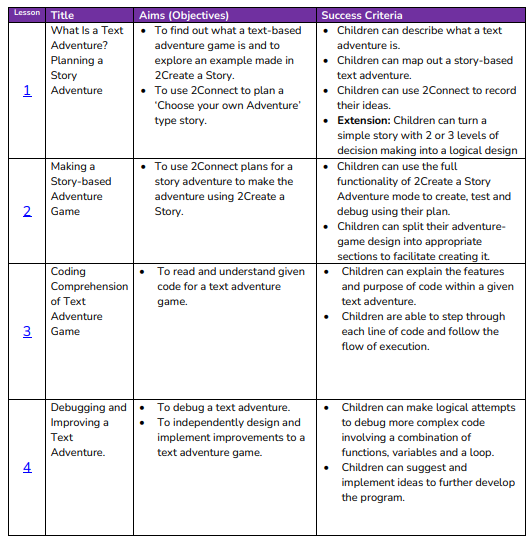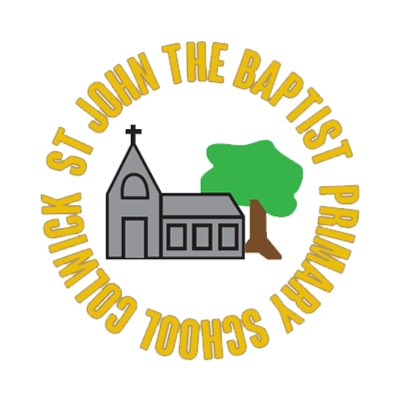Class 6
WELCOME TO YEAR 6 2023-24!
Summer Term
SUMMER SHOW 2024!!! Please see attachments at the bottom of this page :)
COSTUME LIST IS AT THE BOTTOM OF THIS PAGE IN THE ATTACHMENTS
Curriculum
This term, we have a jam-packed curriculum of exciting learning opportunities including:
English
We will be reading and writing extended spooky stories, characterising speech through Evacuation work, a persuasive leaflet based on 'Make Do and Mend' and an explanation of an aspect of Light Theory in science.We will be focusing on sentence structure, technical vocabulary and key punctuation to support progress in writing at the top end of the school. We are now looking for independence in writing as secondary education looms ever closer.
Maths
Our Maths is taught based on the White Rose Maths scheme and this is organised into blocks as follows: Shape and Statistics along with SATs revision work.
We will also be focusing on mental arithmetic strategies, times tables and reasoning.
There will also be a daily "Flash Back 4" which is a brilliant and fast-paced 5 minute activity that keeps all of the other areas of Maths fresh in our minds.
RE
In RE we will be focusing on the impact of war on the Jewish community, looking specifically at Anti-Semitism and the lasting effects of war on Jews.
Relationship and Sex Education
Relationship and Sex Education is included in line with the statutory DfE recommendations and is covered throughout all year groups through the areas of Family and Relationships, Health and Wellbeing and Safety and the Changing Body. We teach the body awareness, changing body, puberty and reproduction parts of the Relationship and Sex Education curriculum in the Summer Term (Safety and the Changing Body). Alongside this learning, we hold a whole-school annual NSPCC PANTS day to teach children how to stay safe from sexual abuse.
See the website for more information: https://www.nspcc.org.uk/keeping-children-safe/support-for-parents/pants-underwear-rule/
Non-statutory Relationship and Sex Education is taught in Year 6 in line with DfE recommendations and includes learning about the biology of conception and how a baby develops in the womb and is born. Parents/carers have the right to withdraw their child from these two non-statutory Year 6 lessons in consultation with staff.
People Skills
Understand the factors which make up identity. Understand that images can be manipulated by the professional media but also by individuals and that they are not realistic. We will also be discussing keeping ourselves safe with PANTS Day.
Relationship and Sex Education
Relationship and Sex Education is included in line with the statutory DfE recommendations and is covered throughout all year groups through the areas of Family and Relationships, Health and Wellbeing and Safety and the Changing Body. We teach the body awareness, changing body, puberty and reproduction parts of the Relationship and Sex Education curriculum in the Summer Term (Safety and the Changing Body). Alongside this learning, we hold a whole-school annual NSPCC PANTS day to teach children how to stay safe from sexual abuse.
See the website for more information: https://www.nspcc.org.uk/keeping-children-safe/support-for-parents/pants-underwear-rule/
Non-statutory Relationship and Sex Education is taught in Year 6 in line with DfE recommendations and includes learning about the biology of conception and how a baby develops in the womb and is born. Parents/carers have the right to withdraw their child from these two non-statutory Year 6 lessons in consultation with staff.
Safety and the Changing Body (Sex and Relationship Education) We are encouraging ALL children to be involved in the SRE lessons in preparation for secondary education
History-
In the Britain at War project, your child will learn about the main causes of the First World War and which countries were the major players. They will investigate why so many men volunteered to fight and then sequence the events at the start of the war. Using various sources of evidence, the children will learn about life in the trenches and the consequences of new weaponry. They will listen to first-hand accounts of life on the home front and evaluate the impact of war on everyday life. They will also discover the events that led to the Allied Powers’ victory and the consequences of the Treaty of Versailles. The children will also learn about the causes and main events of the Second World War. They will find out how Britain prepared itself for war and the war’s impact on civilian life. They will learn about the Battle of Britain and how it proved to be a key turning point for the Allied Powers. They will also hear about Anne Frank and discover what her story tells us about the treatment of Jewish people by the Nazi Party. The children will research the causes and consequences of the end of the Second World War and investigate the legacy of the wars in Britain. Closer to home, the children will research the life of a local First World War hero who sacrificed their life fighting for Britain. They will also investigate the legacy of these global conflicts in the post-war period. PLEASE SEE THE KNOWLEDGE ORGANISERS AT THE BOTTOM OF THE PAGE.
Art-
Distortion and Abstraction
This project is linked to Britain at War.
This project teaches children about the concepts of abstraction and distortion. They study the visual characteristics of abstraction and create a musically-inspired, abstract painting.
DT-
Engineer
This project teaches children about remarkable engineers and significant bridges, learning to identify features, such as beams, arches and trusses. They complete a bridge-building engineering challenge to create a bridge prototype.
Science-
In the Evolution and Inheritance project, your child will learn about the five kingdoms scientists group living things into based on their characteristics. They will discuss what fossils are, revisit how they form and learn about the fossil record before classifying fossils, using what they have learned about the features of living things. Children will discuss the theory of evolution and the scientists who founded it in the 19th century, Charles Darwin and Alfred Russell Wallace, learning that all living things on Earth are related and have gradually changed over time. They will learn that fossils and the DNA of extinct and living things provide evidence for the theory of evolution and then study a scientific diagram called an evolutionary tree, identifying the relationships between past and present-day living things. Children will learn the meaning of the terms 'inheritance' and 'variation' and how evolution relies on them. They will discuss examples of inherited and non-inherited features and continuous and discontinuous variation within humans before collecting and displaying class data about eye colour as a bar chart and heights as a line graph. They will revisit the meaning of 'adaptation' and use new scientific terminology, including 'natural selection and 'survival of the fittest'. They will learn about adaptation in animals by investigating how birds' beaks have changed over time to improve their ability to catch and eat specific foods. They will learn about adaptation in plants, including structural, behavioural and chemical adaptations, and then investigate the leaves of trimmed and untrimmed holly plants, observing how holly plants can adapt to become spikier to survive. They will complete their learning by holding a class debate about artificial selection using evidence from research and presenting an argument for and against its use. PLEASE SEE THE KNOWLEDGE ORGANISERS AT THE BOTTOM OF THE PAGE.
PE-
Athletics (running, jumping and throwing) & sports hall/ fitness with Mr Heaps
Yoga, Pilates with Mrs Jackson on Tuesdays
Music-
Music and Me Unit of work
This is a six-week Unit of Work created to embed and normalise the important and inspirational role women have in the music industry. The children will learn about and understand some of the ways that inspirational women in the music industry express their own identity in the music they create and perform. Children will then create their own music, inspired by their own identity and the four featured artists.
Computing-

Staffing
As well as Mr Heaps in class there will also be the wonderful Mrs Lowings who knows the class extremely well from Y5. She is amazing and will always be available, along with Mr Heaps to chat with any child should they have any worries or concerns about anything. She will work every morning in Class 6. Mrs Jackson and Mr Mazzotti will also be supporting the class on Tuesday afternoons with PE and Science whilst Mr Heaps is planning his wonderful lessons for the next week.
Behaviour
The ‘Good to be Green’ behaviour system will continue as usual across the school with children starting each morning and afternoon on a green card. Class Dojos can be earned by children for doing what is expected throughout the day, with Class Dojos of the Week being displayed in the class. Gold cards can be earnt by going above and beyond what is expected in work, behaviour or attitude. Dojo and Smarty Pants of the week awards will be handed out every Friday afternoon.
Platinum Cards are awarded for going way above and beyond and for really wowing! A prize can be chosen on receipt of a Platinum and a certificate and prize will be presented in Thursday’s Celebration Assembly in front of the whole school. House points are also awarded for Platinum Cards and they will be displayed on the website Platinum page.
Yellow cards serve as a warning for not behaving as expected and red cards will be given if this warning is not heeded. If your child receives a red card, you will be informed, a break time will be missed to reflect on the behaviour, the incident will be logged and house points will be deducted.
